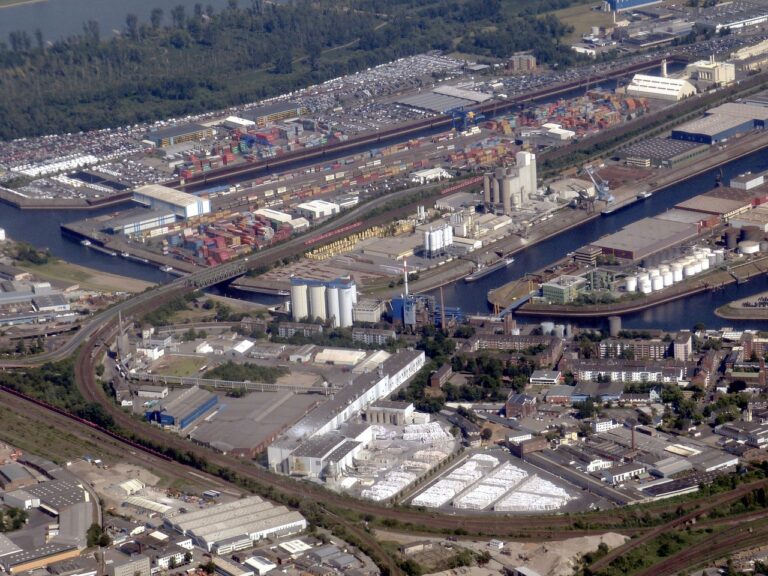The Impact of Political Changes on the Automotive Sector: World 7.com, Mahadev book login id and password, Silver exchange demo id
world 7.com, mahadev book login id and password, silver exchange demo id: The automotive sector is one that is constantly influenced by political changes. From regulations on emissions to trade policies, decisions made by governments around the world have a significant impact on the industry as a whole. In this article, we will explore the various ways in which political changes can affect the automotive sector and how companies in this industry can navigate these challenges.
Regulatory Landscape
One of the most significant ways in which political changes can impact the automotive sector is through changes in regulations. Governments often introduce new laws and policies aimed at reducing emissions, improving safety standards, or promoting the use of electric vehicles. These regulations can have a direct impact on automakers, as they may need to invest in new technologies or make changes to their production processes to comply with these requirements.
Trade Policies
Another way in which political changes can affect the automotive sector is through changes in trade policies. Tariffs, trade agreements, and other trade-related decisions can have a significant impact on the cost of importing and exporting vehicles and parts. This can, in turn, affect the profitability of automotive companies and their ability to compete in the global market.
Government Incentives
On the flip side, political changes can also bring about government incentives that can benefit the automotive sector. For example, governments may offer tax incentives or subsidies to encourage the production and sale of electric vehicles or other environmentally-friendly technologies. These incentives can help companies in the automotive sector drive innovation and increase sales.
Political Stability
Political stability is also essential for the automotive sector. Political instability can lead to economic uncertainty, which can affect consumer confidence and, in turn, impact car sales. Companies in the automotive sector must monitor political developments in the countries in which they operate to anticipate any potential challenges and adjust their strategies accordingly.
Public Perception
Lastly, political changes can also influence public perception of the automotive sector. For example, government announcements about climate change policies or safety standards can shape how consumers view different types of vehicles or specific brands. Companies in the automotive sector must be aware of these changing perceptions and adapt their marketing strategies to stay relevant in the eyes of consumers.
Navigating Political Changes
Given the significant impact of political changes on the automotive sector, companies in this industry must be proactive in monitoring political developments and adapting their strategies accordingly. This may involve investing in new technologies, building relationships with policymakers, and staying informed about changing regulations and trade policies.
FAQs
Q: How do trade policies affect the automotive sector?
A: Trade policies can influence the cost of importing and exporting vehicles and parts, which can impact the profitability of automotive companies and their ability to compete in the global market.
Q: What role do government incentives play in the automotive sector?
A: Government incentives can encourage the production and sale of electric vehicles or other environmentally-friendly technologies by offering tax incentives or subsidies to companies in the automotive sector.
Q: Why is political stability important for the automotive sector?
A: Political stability is crucial for maintaining economic certainty, which can impact consumer confidence and, in turn, car sales. Companies in the automotive sector must monitor political developments to anticipate any potential challenges and adjust their strategies accordingly.
In conclusion, the automotive sector is deeply intertwined with politics, and companies in this industry must navigate political changes to thrive in a rapidly changing environment. By staying informed, proactive, and adaptable, automotive companies can position themselves for success despite the challenges posed by political changes.







